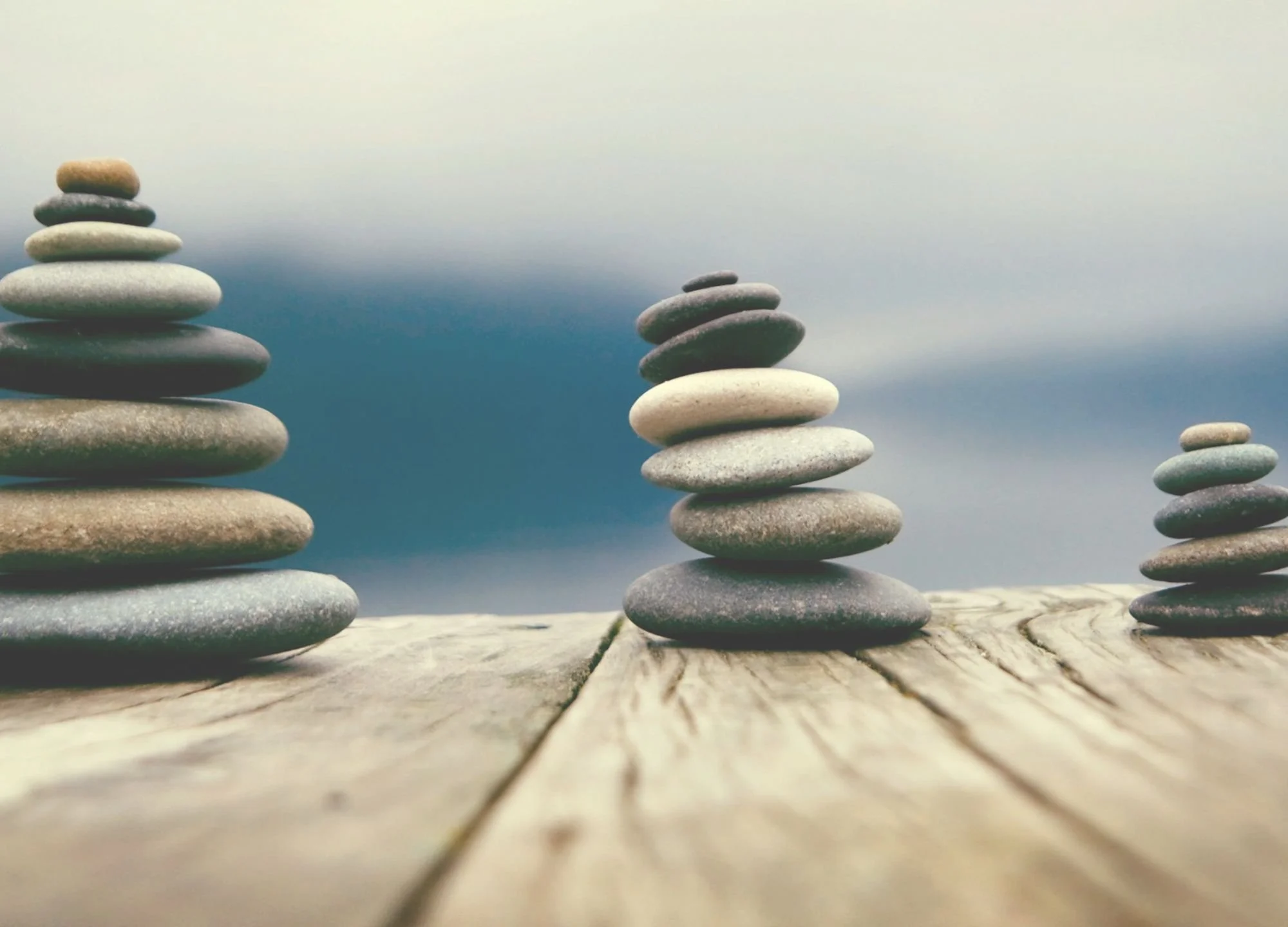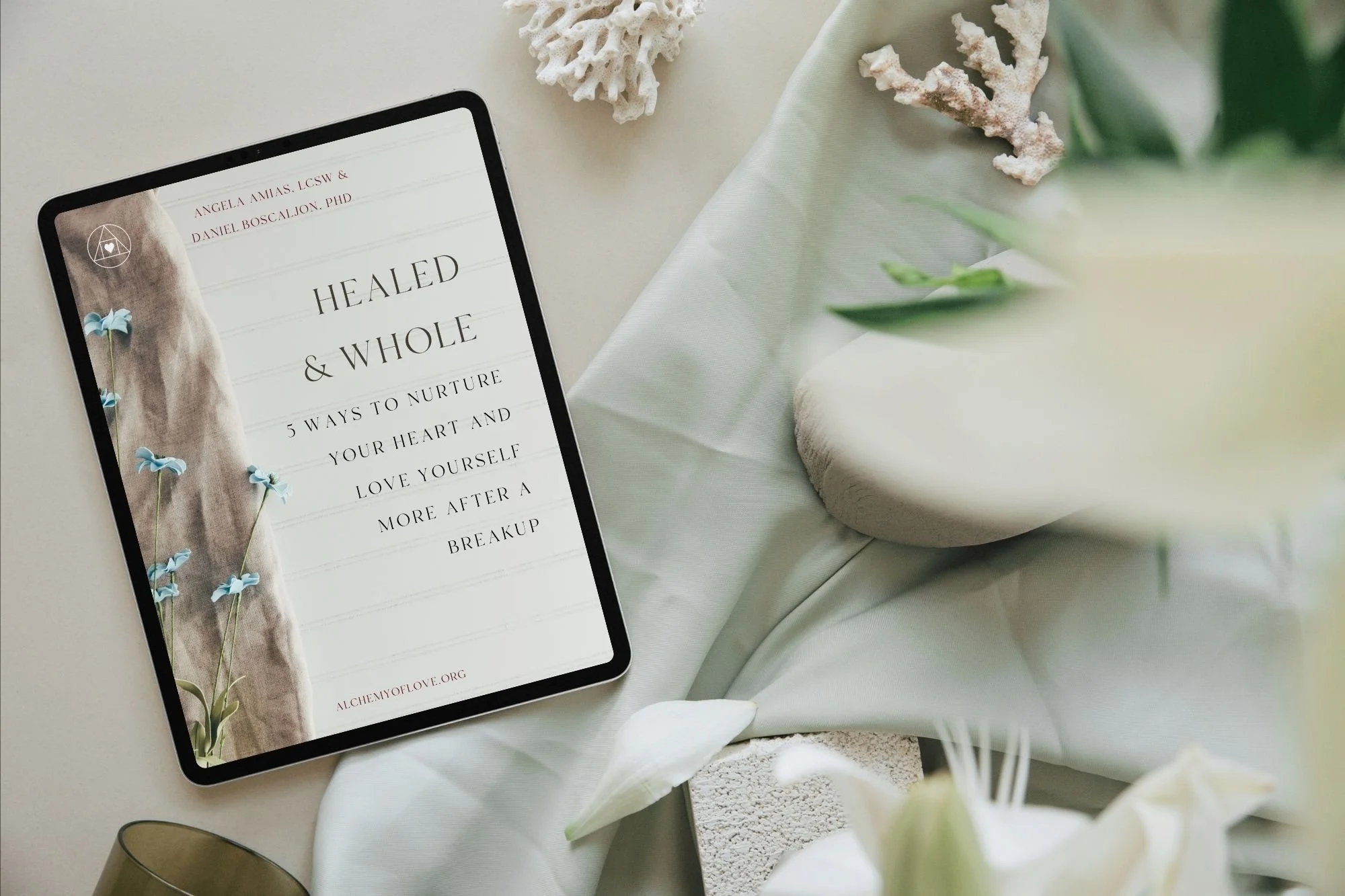Does loving unconditionally mean letting myself be treated like a toy?
Kyle writes: So there’s this girl I met online. We become good friends. She shared her poems and her writings, and I really liked them, which is how it ended up turning romantic. But it was always like one day I was her partner and then the very next day, she’d treat me like a complete stranger and behave like I did something wrong. There are so many examples of this, and I was always trying to justify her actions, telling myself she had something going on. But it would just leave me drained, always feeling like I was the only one trying and holding the relationship together by myself. I tried to leave so many times, but then she would be nice. So I stayed and stayed—until I finally left. And now I can’t stop blaming myself for whatever happened, wondering if I could have done something differently, maybe said something else to her. But I know it wouldn’t have changed anything.
I’ve heard that we should love people without expecting anything in return, but does that mean letting ourselves be treated like toys? Shouldn’t love make us feel safe? Don’t we deserve some reciprocation?
Dear Kyle,
The way you describe your experience in this relationship, I’m guessing a lot of people can relate to what you went through. Dating someone who is different from day to day—who’s hot one day and then cold the next—has a way of keeping you on your toes in a relationship.
You never know what to expect. You’re always on alert, because even when things seem fine in the moment, you know that can turn so fast it leaves your head spinning.
I get a lot of letters from people who are either trying to find their way out of a relationship like this or trying to heal after one’s over … and healing after a toxic relationship is over has been a frequent topic of past episodes of this podcast because the confusion you feel, with its peculiar mix of heartbreak and self-blame, can make it seem as though you can’t find your way to the other side of this relationship, at least emotionally, even once it’s officially over.
Psychologists call this kind of on-again, off-again attention intermittent reinforcement. It’s the same pattern that makes gambling so addictive — you never know when the next ‘reward’ will come, so you keep holding on to hope.
This is why leaving a relationship like this is so difficult, because you keep feeling like you’re on the verge of cracking the code that will shift the relationship from intermittent warmth and affection to something more consistent. In reality, just like slot machines, no matter how much effort you put into the relationships, you never actually increase your odds of getting kindness, love, and affection instead of disconnection, detachment, and disregard.
I say all this to make it clear that the self-blame and struggle to leave isn’t a failure on your part but a predictable response to a confusing and painful dynamic.
It’s also common afterward to replay every detail and wonder, “What if I had done something differently?” But that question is really about trying to regain a sense of control, not about the truth of what happened.
Ultimately, it’s the questions you pose at the end of your letter that will guide you through your healing process. It’s actually through finding the answers to these very questions that you’ll end up in a far better place than where you started out before this relationship began.
That’s important to know—that you can actually end up better off than ever before—because it’s not uncommon to feel like you’ve sustained some kind of permanent wound from the pain and hurt that comes from a relationship like this one.
Now that we’ve established that it’s not only possible to heal after this relationship but it’s also possible to grow personally through your healing process, let’s talk about each of your questions.
First, you asked whether loving people without expecting anything in return means letting yourself be treated like a toy in relationships. And then you followed up that question by asking: Shouldn’t love make us feel safe? And, don’t we deserve some reciprocation of our love and affection?
So, let’s talk about unconditional love in relationships, since that’s really what your first question is getting at.
What does it mean to love unconditionally within an intimate relationship? Does it mean allowing yourself to be toyed with by a partner who’s affectionate and warm one moment and cold and distant the next?
It’s natural to feel confused with this question. We’ve all heard that unconditional love is important. And in theory, that sounds like the ideal form of love. But when we imagine ourselves on the receiving end of this kind of behavior from a partner—or other forms of bad behavior in relationships, like being lied to, or berated and yelled at by a partner—we can immediately sense that something’s not adding up here.
Our gut immediately signals to us that this isn’t love, and it isn’t okay to allow ourselves to be treated like this within an intimate relationship.
In other words, there’s a clear conflict here when unconditional love means allowing ourselves to be mistreated in a relationship.
So, how do we resolve this conflict? Do we reject the idea of unconditional love? Do we instead go down the path of putting conditions on our love, saying to our partner, I will love you as long as you meet my conditions. I’ll love you if you never make me feel bad, or hurt my feelings … as long as you take care of your dishes and don’t leave your laundry on the floor … as long as you reassure me anytime I feel anxious or insecure in this relationship, and you don’t talk to any of your exes or your cute coworker who seems to have a thing for you.
Here, too, maybe our gut starts signalling that something is off. If we put conditions on our love, are we really loving the other person, or are we trying to mold that person into someone else, some idealized, imagined partner?
What I so deeply appreciate about your question, Kyle, is that it gives me a chance to write about this exact dilemma, which so many individuals have confronted in intimate relationships where there are hurtful or toxic dynamics at play.
For well-meaning people who want to do the right thing in relationships and love well, it can be really disorienting when a partner spins feedback about hurtful behavior or requests to change into something like, “You’re not loving me unconditionally if you don’t accept me like I am.”
It can be incredibly difficult to figure out how to be a loving partner in a relationship like this—where unconditional love starts looking like a license for a partner to treat you however they want and putting conditions on your love starts looking like withholding love from a partner until they behave the way you want them to.
So, now that we’ve identified the root of the problem, let’s talk about how to find your way through this seemingly unresolvable conflict.
Finding your way through this begins with making a distinction between love and intimate relationships.
I am a huge proponent of unconditional love. I believe that at the core of every person on this planet—and that includes whomever you would consider to be your biggest enemy—is someone who is deeply deserving of love, care, and kindness.
But, as much as I’m in favor of unconditional love, I’m not at all in favor of unconditional relationships.
In fact, I’m very much against unconditional relationships. That’s because not having conditions for how you’re treated by a romantic partner might work out just fine if you have a partner who’s well-meaning and has great relationship skills.
But relationships without conditions are a disaster when you’re with someone who is not well-meaning, who tends to engage in very hurtful behaviors toward you, or who has unhealed past trauma that plays out in their relationship with you.
A relationship without conditions is a relationship in which you don’t feel free to hold personal standards for what you want and what you expect in terms of how you’re treated by your partner. A relationship without standards means settling for whatever you get, even if that means your partner toys with you or treats you like a stranger when that suits her in the moment.
So, now that we’re clear on the difference between unconditional love and unconditional relationships, here’s what unconditional love looks like in a relationship in which you have standards for how you want your relationship to be.
When your standards or expectations for your relationship aren’t being met, it’s important to communicate about that. Now—to be clear—just because you communicate about the gap between how things are and how you want them to be doesn’t mean that your partner is obligated to meet your standards.
If, for example, you’ve told them that you really don’t like that they’ve made plans to go out for dinner and drinks with the office hottie, this doesn’t mean that they now have to cancel their plans. Ideally, you can have a conversation about it, where you can each share your thoughts, feelings, and perspectives about the situation.
There are many ways to express care and love in a relationship without necessarily changing your own individual preferences or perspectives. Healthy relationships make space for partners who have different needs and desires that are sometimes in conflict.
If the gap is too great or the issue is non-negotiable for one or both partners, this may indicate that you and your partner aren’t a good fit and that you want very different things from a relationship. That’s okay—it happens. And it doesn’t mean that what you or your partner wants is wrong or bad. It just means that you’re probably not going to be able to find that together.
But what do you do when you really want to be in the relationship and you share your concerns about how your partner’s behavior is affecting you, and they say something along the lines of, “You’re supposed to accept me for who I am. If you’re asking me to change, you’re not loving me unconditionally.”
What do you do when your partner makes it clear that they’re not going to change, and if you have a problem with that, it’s your problem to deal with?
This is where unconditional love in a relationship is so important. That’s because one aspect of unconditional love is acceptance. You see, if your partner makes a demand that you accept them for who they are and they’re not going to change, it’s essential for you to accept that unconditionally. Accept that they are communicating clearly to you that they’re not going to change for you.
Once you’ve accepted that, you can figure out what you want to do. In my experience, this is where people get stuck, especially in toxic or unhealthy relationships. When you’ve confused the idea of unconditional love with unconditional relationships, and you think that if your partner isn’t going to change, it’s easy to conclude that you just have to figure out a way to live with your partner’s hurtful behavior. You have to tolerate being mistreated.
That’s only true if you don’t have standards in a relationship.
When you have standards, you can ask yourself whether or not the relationship fits with those standards.
Now, in the case of your partner going out to dinner and drinks with their co-worker, you might talk it through with them, and they might say, “I hear where you’re coming from. I’ve never felt like there was any flirtation coming from this coworker. Honestly, I can tell you for sure that while I really enjoy their company, I’m not interested in this person at all beyond friendship. But I really do value their friendship, and I’d like to find a way to keep that. So, what do you think might help you feel more comfortable?”
And it might be that once you’ve talked about it, and you recognize that they care about your feelings even though they are not willing to cut off a friendship they value, you decide to stay in the relationship and work on your insecurities.
On the other hand, when your partner insists that they’re not going to change and that your feelings are your problems, it’s likely that the relationship doesn’t meet any decent standard for love, care, and respect.
In this case, unconditional acceptance of your partner is going to require that you consider their words and re-evaluate whether this relationship is working for you.
This is where your other questions come in—Shouldn’t love make us feel safe? Don’t we deserve some reciprocation? Ideally, we should have a baseline of safety in our relationship that’s created through mutual care and love. But this doesn’t mean that we should always feel comfortable and secure in the relationship.
Healthy relationships challenge us and invite us to grow—and this kind of personal growth rarely feels comfortable.
In other words, safety doesn’t mean the absence of conflict or challenge — it means knowing your partner is for you, not against you, even when you disagree.
When it comes to deserving reciprocation of our love and care in a relationship, things get trickier. Healthy relationships definitely involve reciprocity in the form of mutual love and care.
But reciprocity in love isn’t a transaction — it’s not ‘I gave, so you owe me.’ It’s the natural back-and-forth of care that makes a relationship feel steady and mutual.
Love is a gift because it’s given freely and without obligation. In other words, your choice to love someone doesn’t obligate them to return your love.
When you’re in a relationship that’s not healthy and there’s no love flowing back to you, it’s time to take a clear-eyed look at this relationship and ask yourself: does this really meet my standards? In other words, once you unconditionally accept your partner and how they’re choosing to show up, is this a relationship that you want to be in? If not, and you’ve already communicated what’s not working for you, acceptance means accepting that your partner doesn’t want to change.
Unconditional acceptance in this case means accepting the relationship isn’t going to work and turning your attention to how to leave.
The truth is that we don’t need to be in a relationship with someone in order to love them unconditionally. You can love your partner and still recognize that the relationship is not good for you and needs to end.
You can wish them well and have empathy for whatever struggles they’re experiencing that are interfering with their ability to show up lovingly and consistently with you.
Real unconditional love begins with how you treat yourself. That’s my wish for you, Kyle—honoring your own worth, holding high standards for your intimate relationships, and refusing to settle for anything less than mutual care. That’s the love that will carry you forward into a relationship where safety, affection, and reciprocity can truly flourish.
~Angela
Ask Angela is an advice column dedicated to the topic of having fulfilling relationships after trauma. Click HERE to submit a question for Angela.
DISCLAIMER: this content is intended for informational purposes only and does not constitute professional medical or psychological advice, diagnosis, or treatment. Always seek the advice of your physician or other licensed health care provider with any questions or concerns you may have regarding a medical condition.
Creating fulfilling relationships after trauma is a journey. Enter your email to subscribe to Ask Angela and get thoughtful, trauma-informed relationship advice delivered to your inbox.
about angela Amias, LCSW
Angela Amias, LCSW is a relationship therapist and nationally-recognized expert on trauma and relationships. She’s the co-founder of Alchemy of Love, which provides trauma-informed relationship programs and resources. She’s also the founder of the Institute for Trauma Informed Relationships, which provides training and education to therapists and coaches who want to help their clients heal past wounds and create more fulfilling relationships.
As an expert on trauma and relationships, Angela has been featured in numerous publications, including Today, Oprah, Cosmopolitan, The Independent, Well + Good, Inc., Forbes, Business Insider, Salon, MSN, Women’s Health and the Toronto Sun.







